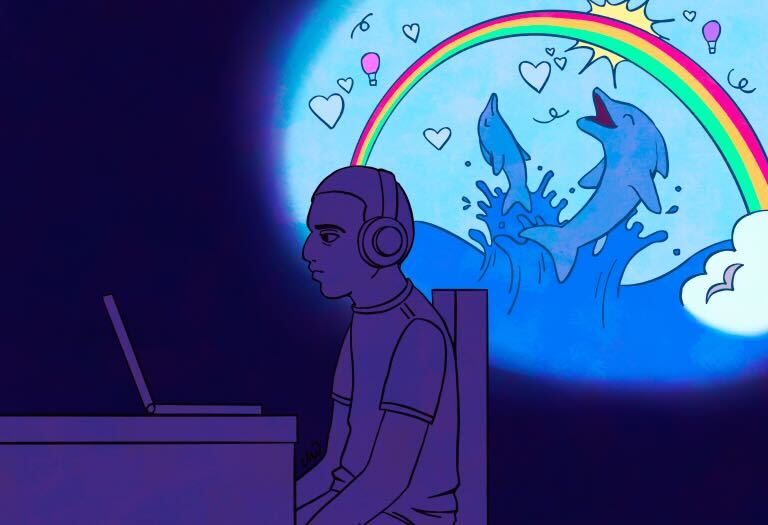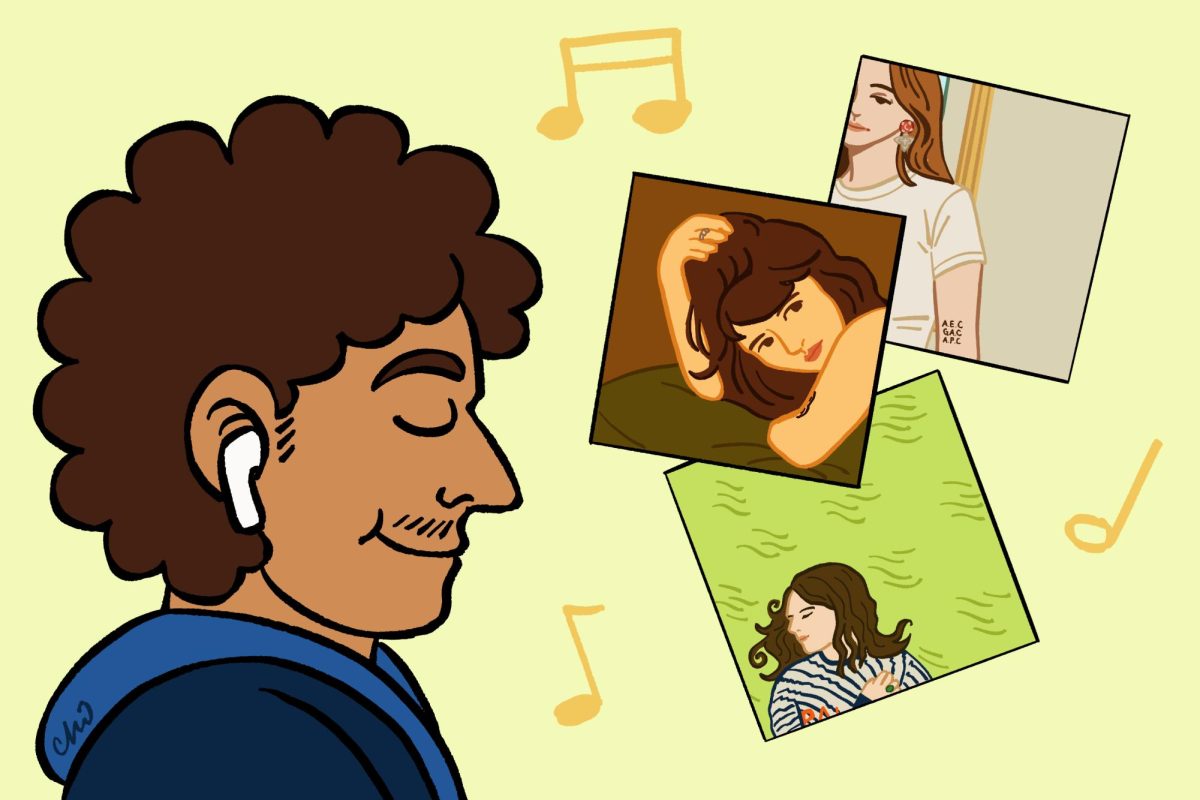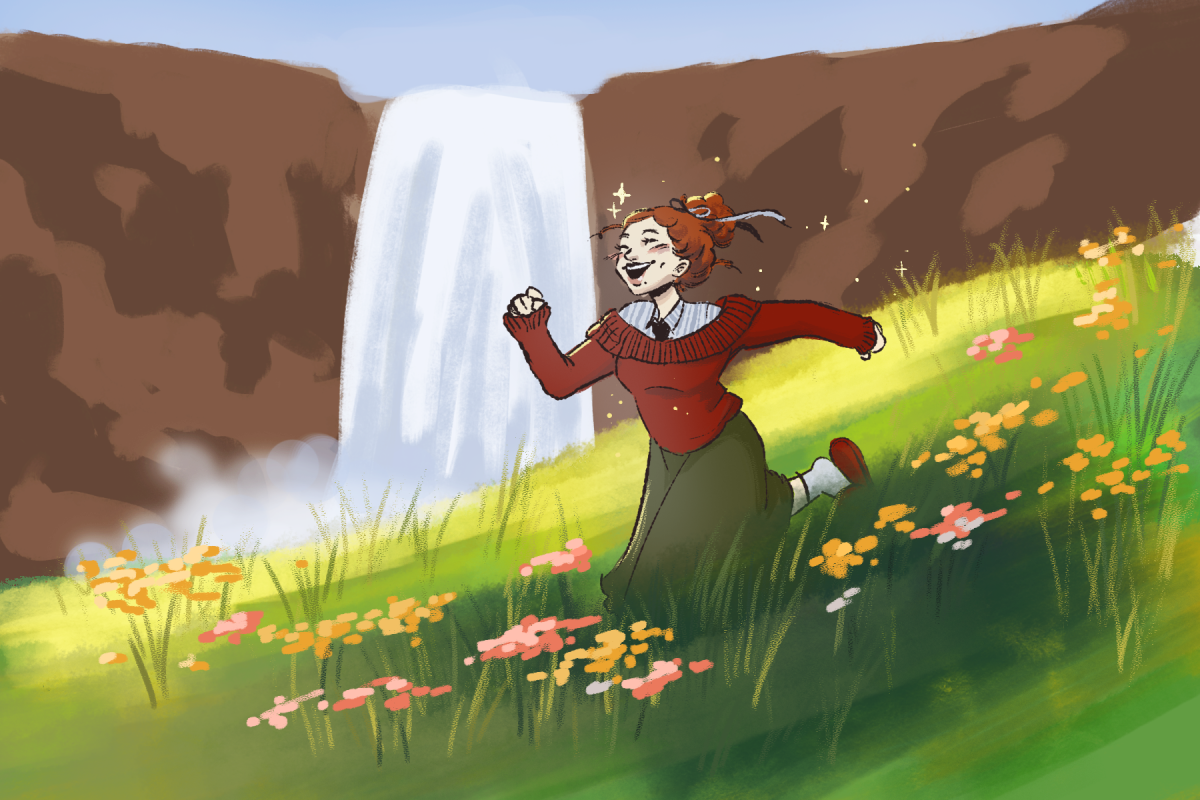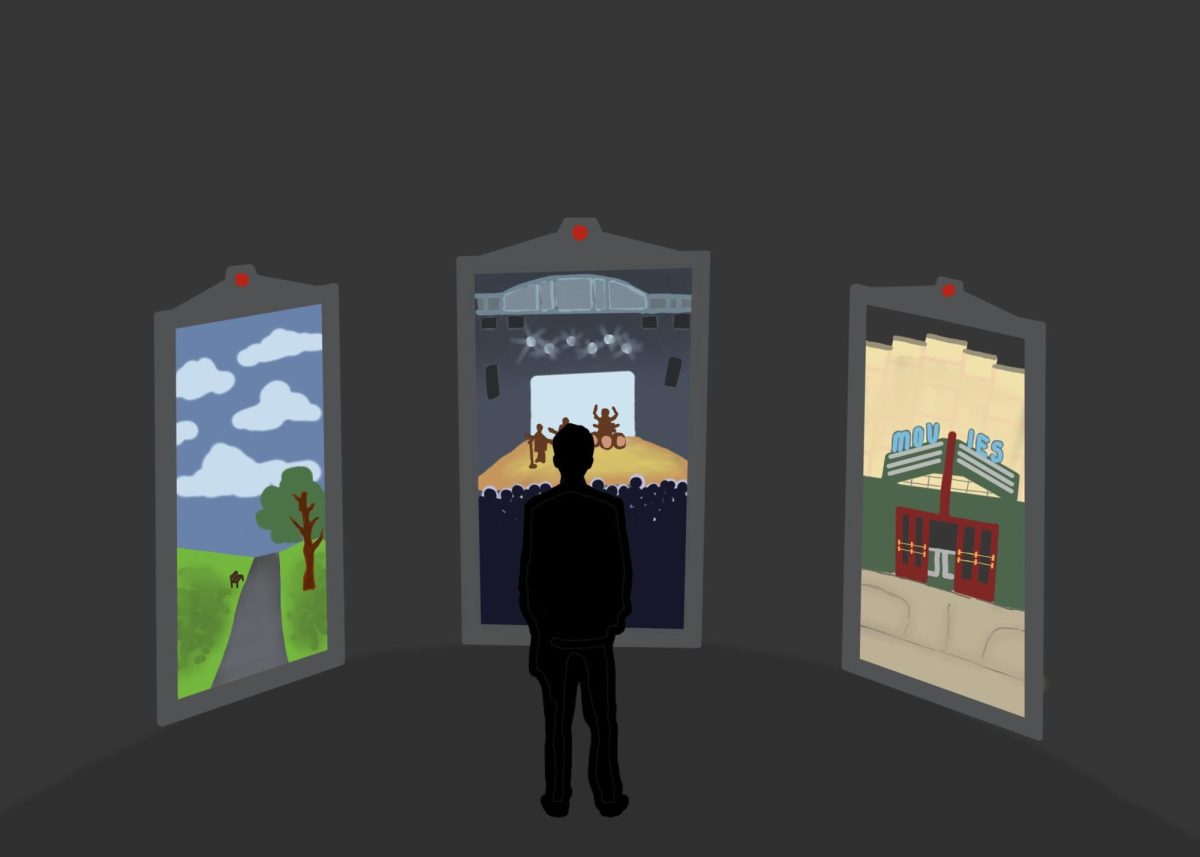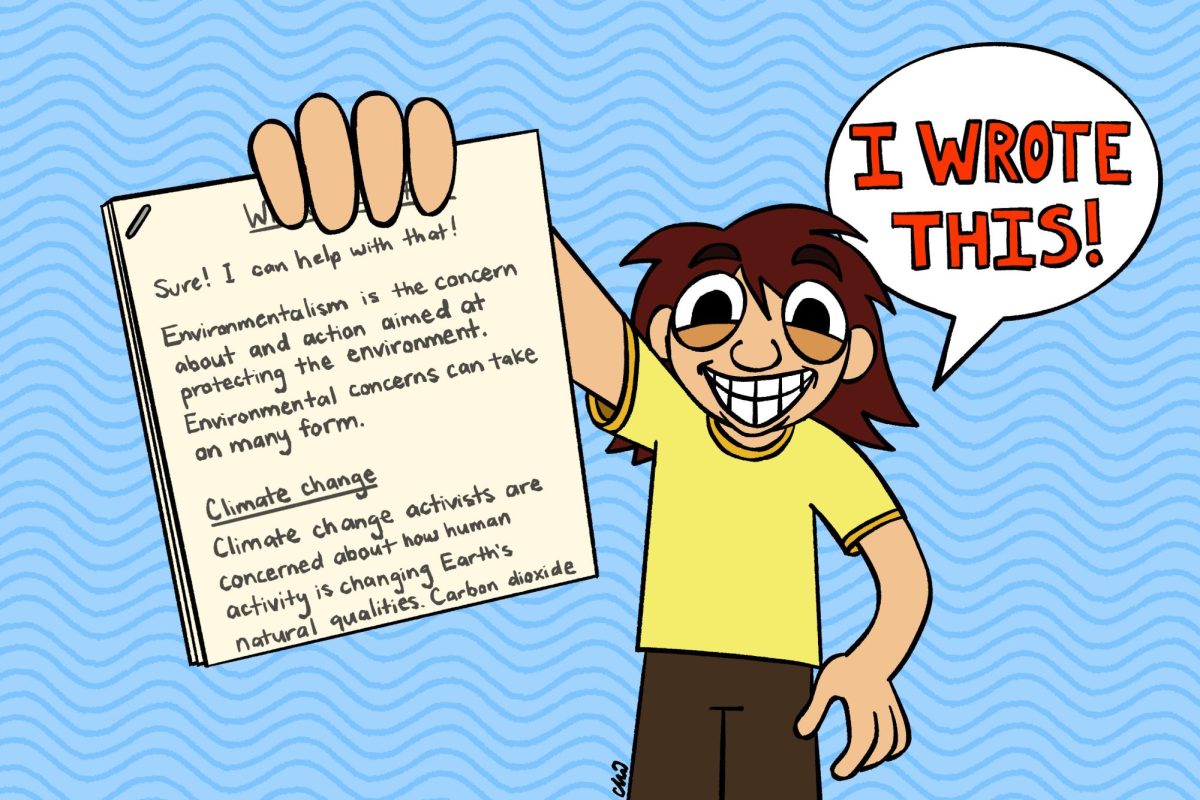If you were a normal teenager, then you’ve probably had an existential crisis at some point. Maybe you’ve thought something like, “Life can only be understood backwards, but it must be lived forwards” while despairing over the fact that your crush didn’t like you.
Or maybe it was more serious than that. Maybe you started to wonder whether or not you really have free will, whether life has any meaning or whether you will be able to achieve your purpose — whatever that might be.
Obviously, different people have different solutions to this problem. One solution is to just give up and accept the nihilistic claim that your life is meaningless; even if some people’s lives do have meaning, yours simply doesn’t. Alternatively, you may think that you can solve these deep existential issues, rooting your core identity in dogmatic assertions about who you are or what is true about the world.
Neither of these perspectives is healthy. Instead, I suggest an alternative solution: just be delusional.
In the past, being called “delusional” might’ve been considered an insult, but in recent times the word has taken on an ironic meaning, which people might use to refer to themselves when they want something — or someone — that is difficult to get. There’s even a Gen Z term for this ironic use: “delulu.” Yes, I know it’s cringe.
Nevertheless, the new use of this traditionally negative word reveals something about the way we think. Even when something is difficult or impossible to attain, we still enjoy the idea of that thing; we enjoy pretending as if our lives are — or can be — something that they aren’t.
To some, that might seem like an unhealthy mindset, but the reality is that the stories we already tell ourselves about our own lives are often much more detached from reality than they seem. Some studies have even called into question the relation between our conscious experience and the actions our bodies perform.
In short, the reality in which we live is complicated, and the things certain people say about their lives may be more or less descriptive of that reality. But if we already accept delusions that help improve well-being in one part of our lives, why not do it everywhere that it’s useful?
An area where this approach might be enormously helpful is in dealing with our consumption of social media and the distorted perspectives we gain from it. An unusually high number of teenagers report experiencing mental health issues associated with the social expectations placed upon them by social media influencers. Obviously, this might be fixed by not looking at social media as much, but let’s be honest: Nobody is really going to do that.
Instead, if you’re struggling with issues of self-confidence, consider a perspective shift. Think about yourself in grandiose terms, tell yourself that you look good even when you don’t feel like it, act confident when you have no idea what’s going on and pretend that your life is better than it is.
It goes without saying that there’s a limit to this. Don’t let your delusions get in the way of self-improvement, and don’t deny reality when it’s necessary to understand what’s going on. You don’t want to let go of a high GPA just because you think the answers to the questions on your test are “common sense.” Combine delusion with a path to reach that delusion which might have a chance of working.
“But do you really do this in your own life?” you might be wondering. Yes, I do. Here’s one example:
I plan on going to law school when I graduate with my bachelor’s, and my delusion is that I want to attend a top-six J.D. program. Do the numbers stand in my favor? No, absolutely not — a number of top law schools have sub-15 % acceptance rates. Do I still dream about my life as a law clerk on a high-level federal court? Yes, yes I do.
Maybe I’m delusional, but I’m having fun while doing it. And who knows, maybe I’ll make it. Maybe you will too.
Kaleb Blizzard is a philosophy sophomore and opinion writer for The Battalion.



